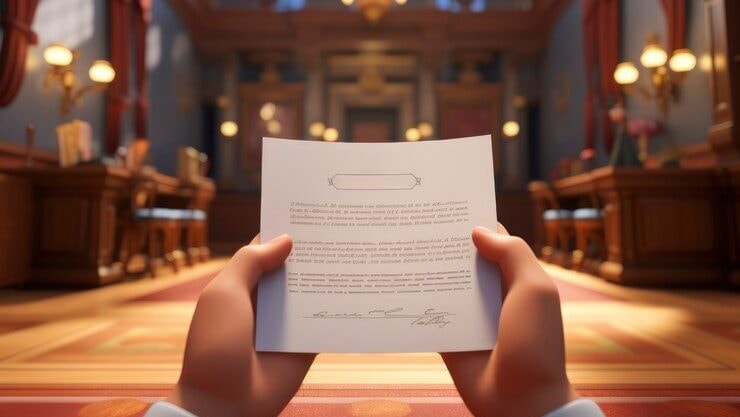US Federal News Bureau
US Judicial Committee Seeks Public Input on AI-Generated Evidence
Written by: CDO Magazine Bureau
Updated 3:47 PM UTC, Thu May 8, 2025

Representative AI-generated image by freepik.
A federal judicial committee is moving forward with efforts to regulate the use of generative AI in U.S. courtrooms, voting to solicit public feedback on a proposed rule that would apply established legal standards to AI-generated evidence.
The Advisory Committee on Evidence Rules — part of the U.S. Judicial Conference — voted 8–1 to advance the draft rule, according to Reuters.
The proposal seeks to ensure that AI-generated evidence is held to the same level of scrutiny as expert testimony from human witnesses, especially in terms of reliability, admissibility, and legal relevance.
The draft now heads to the Judicial Conference’s Committee on Rules of Practice and Procedure, which will decide in June whether to publish it for formal public comment.
This move comes amid increasing concern over the use of tools like ChatGPT and other generative AI systems in legal proceedings, from writing briefs to generating expert analyses. The judiciary’s initiative is part of a broader push to address the implications of AI in litigation, evidence evaluation, and courtroom decision-making.
If adopted, the rule would mark a significant step toward modernizing evidentiary standards in response to rapidly advancing technology.





